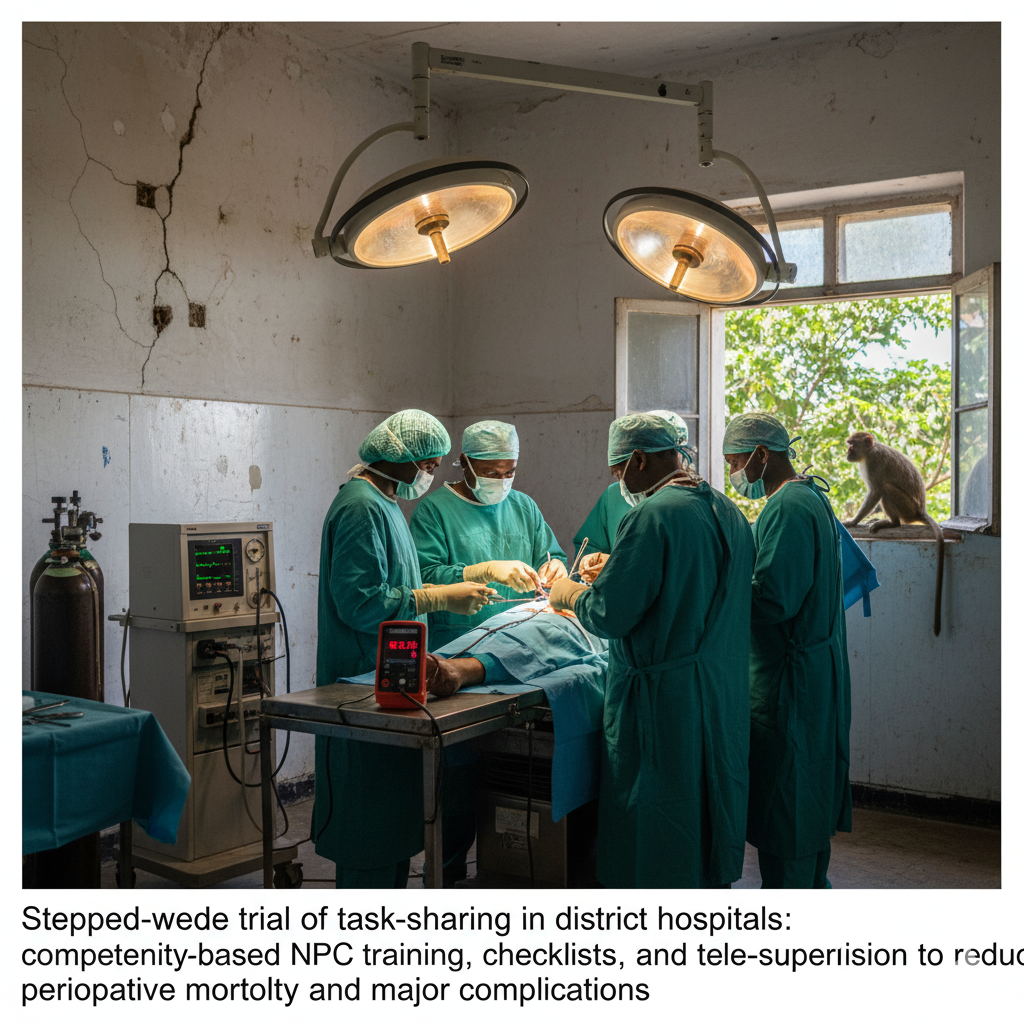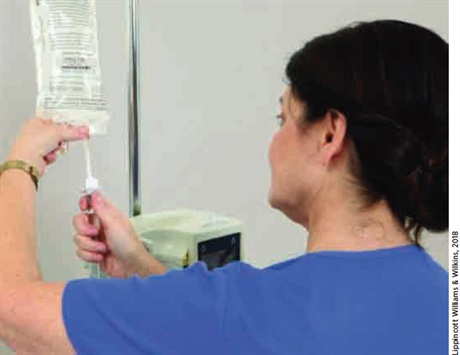Impact of Surgical Workforce Shortages on Postoperative Outcomes in Sub-Saharan Africa: A Systematic Review and Meta-Analysis
Ahmed Awadalla1, Ahmed Abd-Elmagid1, Shamail Elmustafa2 , Wala Ali2,
Keywords:
Surgical workforce shortage, Sub-Saharan Africa, Postoperative outcomes, Systematic review, Meta-analysis, Complication rate, Mortality rate, Task-sharingAbstract
Access to safe and timely surgical care remains profoundly inequitable, with nearly 5 billion people worldwide lacking essential surgical services. Sub-Saharan Africa bears a disproportionate burden, where over 95% of the population lacks access to basic surgical care, compared to near-universal coverage in high-income countries. This systematic review and meta-analysis synthesized evidence from 30 studies (2009–2025), of which 13 were eligible for quantitative pooling. A total of 2,983 surgeries across diverse cohorts were analyzed. The pooled postoperative complication rate was 20% (95% CI: 16–24%), with individual study rates ranging from 16.4% to 27.2%. Complication clustering was evident, with 6 of 9 studies reporting rates between 18% and 22%. Postoperative mortality pooled at 5.1% (95% CI: 4.1–6.2%), but heterogeneity was high (I² ≈ 78%) due to one pediatric-focused study that reported a mortality rate of 25.6% (32/125 patients). In contrast, most adult-focused studies reported mortality between 1.2% and 4.8%. Workforce density data underscored critical disparities, with East Africa reporting only 0.25 surgeons per 100,000 population, compared to 5.69 per 100,000 in high-income regions. Risk-of-bias assessment using the Newcastle–Ottawa Scale showed 50% low risk, 37.5% moderate risk, and 25% high risk. These findings highlight a preventable gap, as an estimated 143 million additional surgical procedures are required annually to meet global needs. Strengthening the surgical workforce, investing in infrastructure, and expanding task-sharing programs are urgent priorities to reduce avoidable morbidity and mortality in Sub-Saharan Africa.
Downloads





